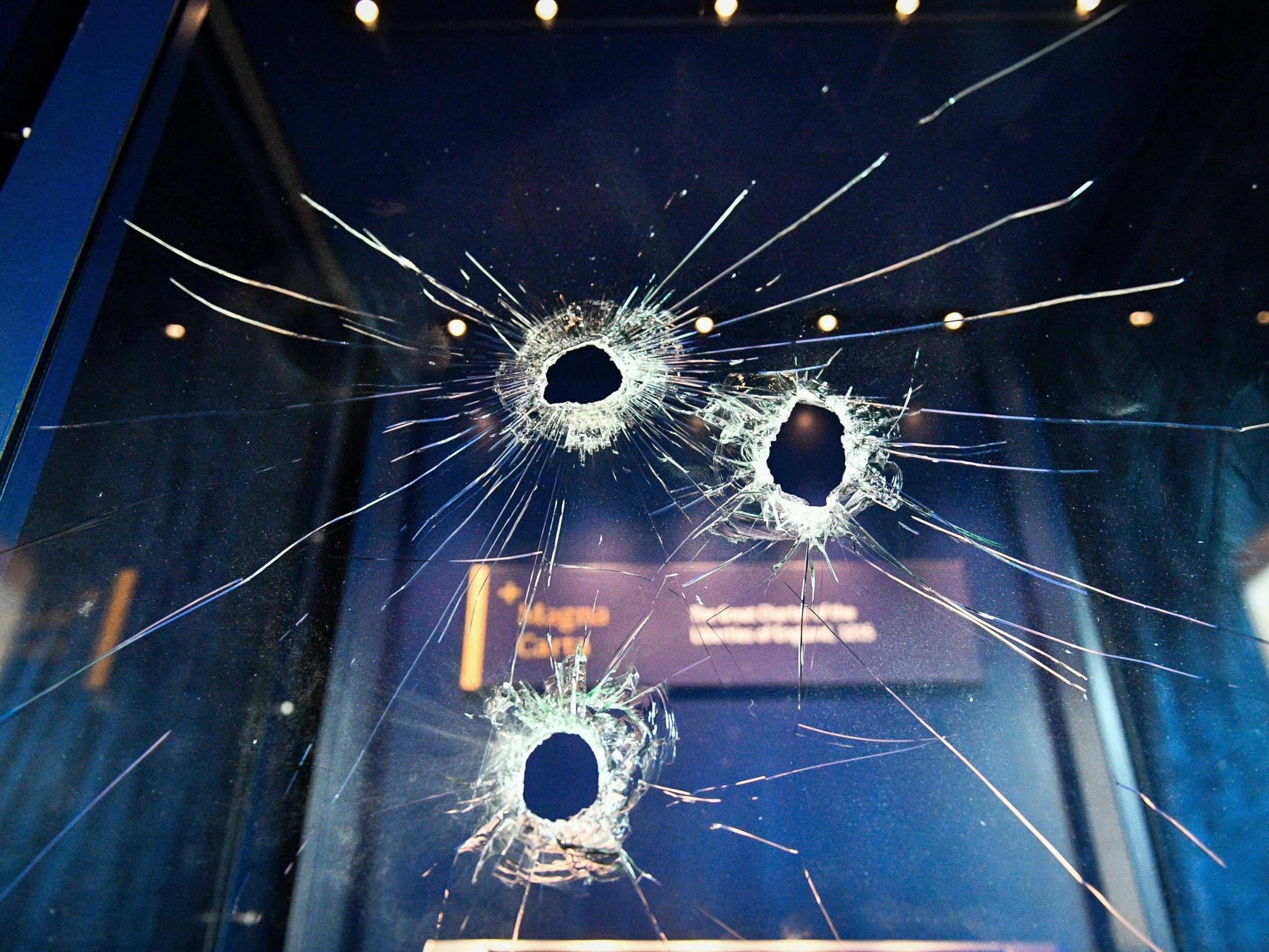Magna Carta theft: Man charged with attempting to steal 13th century manuscript
Mark Royden accused of trying to take 1215 text from Salisbury Cathedral

Your support helps us to tell the story
From reproductive rights to climate change to Big Tech, The Independent is on the ground when the story is developing. Whether it's investigating the financials of Elon Musk's pro-Trump PAC or producing our latest documentary, 'The A Word', which shines a light on the American women fighting for reproductive rights, we know how important it is to parse out the facts from the messaging.
At such a critical moment in US history, we need reporters on the ground. Your donation allows us to keep sending journalists to speak to both sides of the story.
The Independent is trusted by Americans across the entire political spectrum. And unlike many other quality news outlets, we choose not to lock Americans out of our reporting and analysis with paywalls. We believe quality journalism should be available to everyone, paid for by those who can afford it.
Your support makes all the difference.A man has been charged with attempting to steal one of the oldest surviving copies of the Magna Carta from Salisbury Cathedral.
Mark Royden is accused of trying to smash his way into a glass box where the 13th century manuscript was on display.
The 46-year-old, from Devon, will appear at Salisbury Magistrates Court on one count of attempted theft and and one of criminal damage, Wiltshire Police said.
The incident itself occurred on 25 October last year.
The Magna Carta was not damaged and nobody was injured during the attempted raid.
After the incident the manuscript was held in storage while work was carried out to replace the glass box’s outer casing but it went back on display in February.
Salisbury Cathedral's copy of the text is one of four that remain in existence from the original 1215 charter.
The Magna Carta is widely regarded as a founding stone of British democratic rights and was signed by King John after he agreed peace terms with a band of rebel barons.
It established for the first time in European history that neither monarch nor government was above the law.